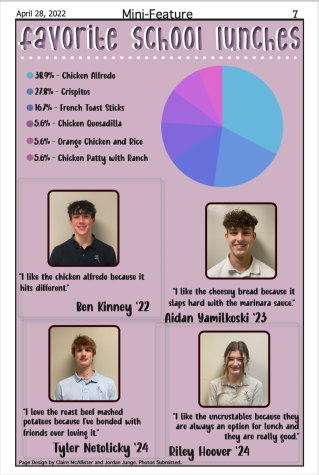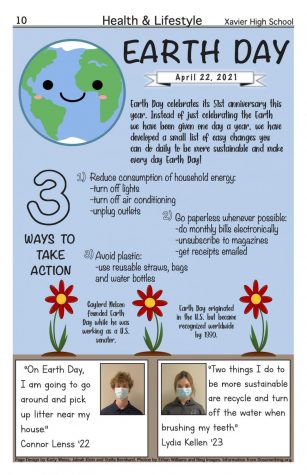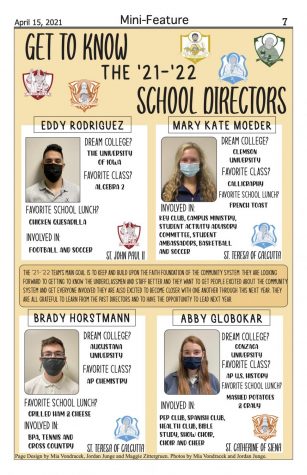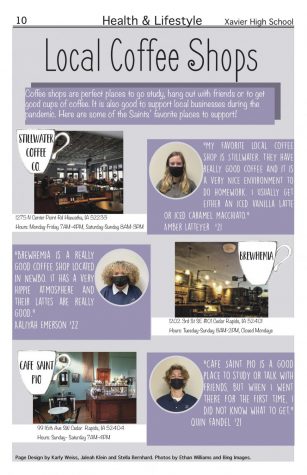Government shutdown
January 18, 2019
As the holiday season comes to an end, 800,000 federal employees are still facing the uncertainty of when they will be paid again. Of the 800,000, 380,000 employees are wondering when they will return to their jobs. After many failed attempts to reach an agreement on funding for the border wall, the government shut down on December 22. Nine of fifteen federal departments are just a few of the impacted agencies across the nation, according to the Wall Street Journal. Government employees are informing their landlords that they cannot pay rent, pushing back car payments and some are having to cancel holiday trips to make ends meet.
One federal employees union, American Federation of Government Employees (AFGE), are now suing the government for making employees work without pay during the shutdown, claiming that this violates the Fair Labor Standards Act, according to CNN.
“Our nation’s heroes, AFGE members and their families deserve the decency of knowing when their next paycheck is coming and that they will be paid for their work,” AFGE President J. David Cox said.
According to KWWL, Iowa is one of the least affected states while Maryland, New Mexico and Hawaii are some of the most affected due to the high number of federal workers employed there. Washington D.C. is the most affected area, and has the highest number of residents enrolled in the Supplemental Nutrition Assistance Program. This program grants low-income families access to nutritional foods rather than eating unhealthily or potentially starving.
“If the shutdown continues, then you will literally have millions of people that will not be able to afford food,” California congresswoman Karen Bass said in an interview with NBC. “And I think this is just unconscionable.”
This government shutdown is affecting more than just political leaders, it is affecting working moms and dads and struggling families. It is turning America’s National parks into deserted wastelands due to the shortage of rangers and closed public restrooms. With the hopes of a future agreement, the shutdown continues.













